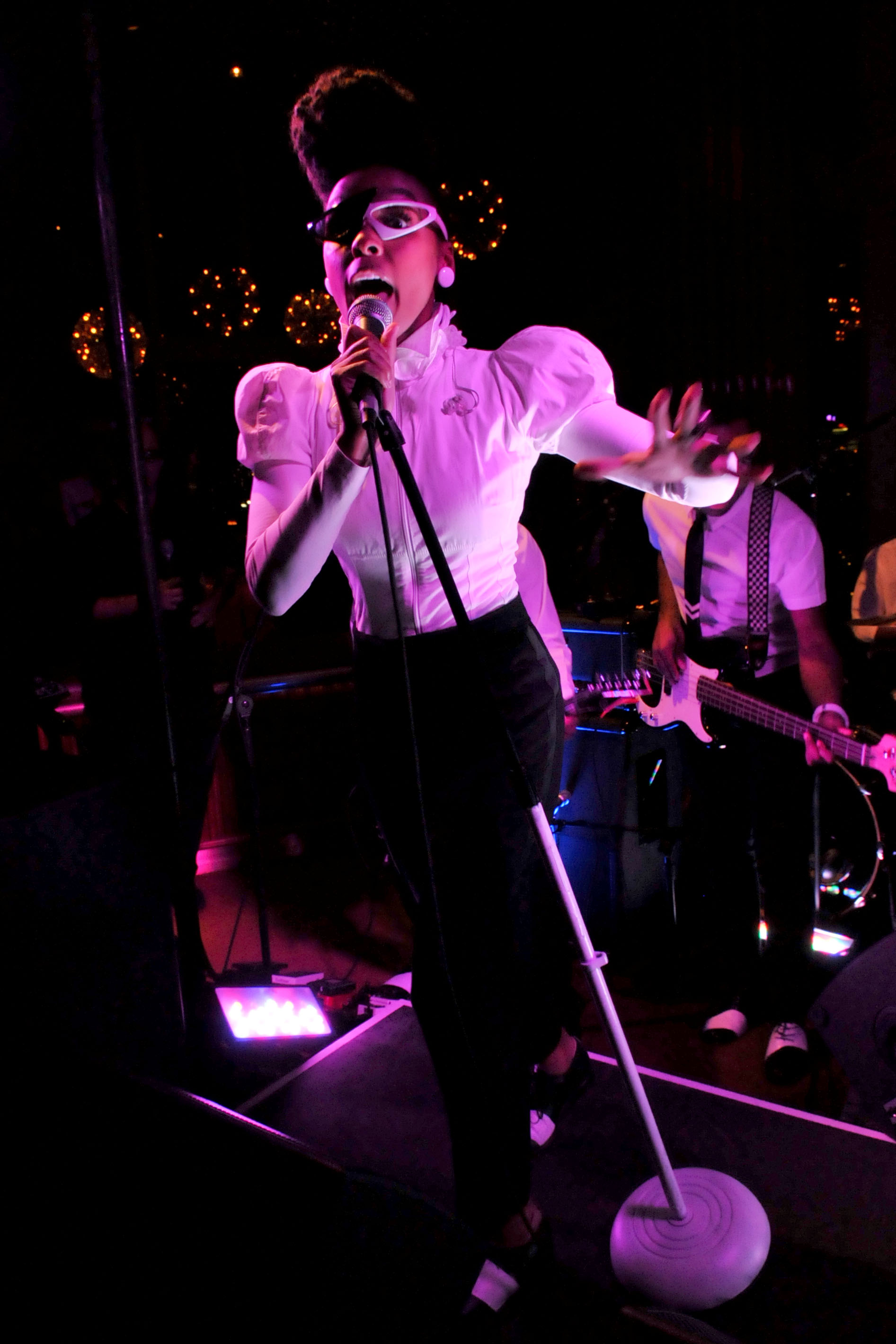
Source: Patrick McMullan / Getty
In her Rolling Stone interview released on Thursday morning, Janelle Monae revealed that she identifies as queer.
“Being a queer Black woman in America—someone who has been in relationships with both men and women—I consider myself to be a free-a*s motherf*cker,” she said. “But then later I read about pansexuality and was like, ‘Oh, these are things that I identify with too.’ I’m open to learning more about who I am.”
While Monae said she initially identified as bisexual, many might wonder what exactly the difference is between the two identities.
The textbook definition of pansexuality as an adjective is: “not limited in sexual choice with regard to biological sex, gender, or gender identity,” while bisexual is defined as being “sexually attracted to both men and women.” While bisexuality acknowledges a gender binary, pansexuality acknowledges that gender, sex, and gender identity all exist on a spectrum. The gender that one was assigned at birth isn’t necessarily going to be the one they identify with for the rest of their lives and the same applies to sexuality. Pansexuality acknowledges fluidity and complexity, while bisexuality has historically reinforced a binary.
On the flip side, many people use the term pansexuality to escape the microaggressions that come along with bisexuality in the queer community. Bisexuals are often looked down on as people who “can’t make up their mind,” “going through a phase,” or “are gay, but don’t want to say it.” This type of criticism within the queer community isn’t just degrading, it’s divisive.
In recent years, many have reclaimed bisexuality by redefining it and breaking the binary that the term has been known to encompass. Some define their attraction as being into people with sex, gender, and gender identities same and different from their own. Others define it as being attracted to more than one sex and/or gender, not necessarily at the same time, in the same way, or to the same degree.
Identity is personal and isn’t something to be taken lightly or trivialized. When it comes down to it, all that truly matters is how each individual defines themselves. Feel free to ask (respectful) questions to keep the conversation going, but also do the work of reading up on the topic first.
















